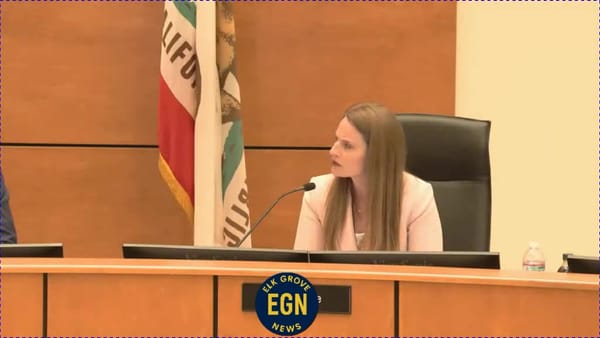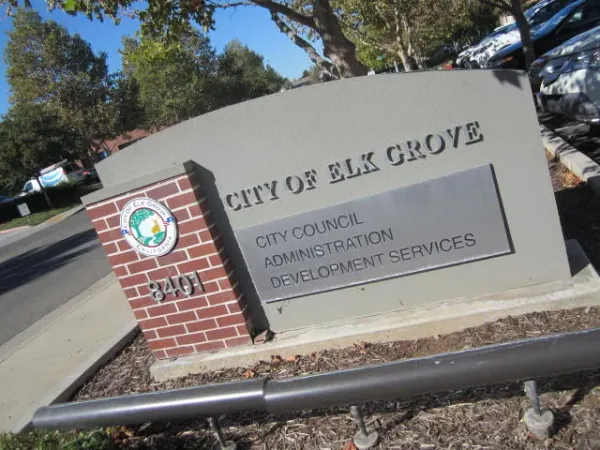Four Nuestra Familia Prison Gang Leaders Sentenced For Racketeering Conspiracy
The hearing marks the final chapter of an investigation that ultimately convicted 40 Nuestra Familia members and associates.

The hearing marks the final chapter of an investigation that ultimately convicted 40 Nuestra Familia members and associates.


During the board discussion, Trustee Heidi Moore criticized the proclamation and the district’s broader approach to gender identity policies

No mention was made of the city's violation of state fair housing laws

For Elk Grove and now Huntington Beach, the message from Sacramento — and now Washington — appears clear

Meetings and events